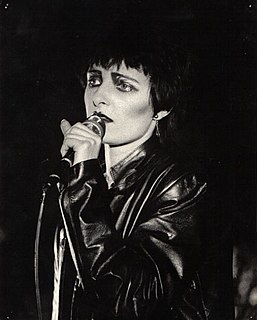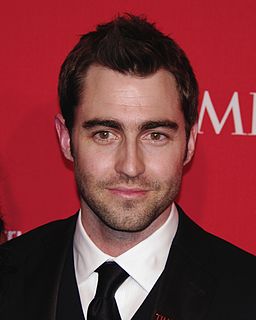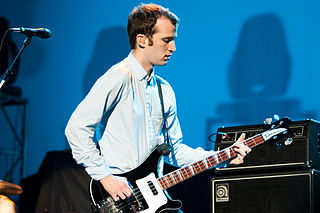A Quote by David Oyelowo
I'm one of a generation brought up on television whose acting is more 'naturalistic', whereas with some of the older generation it's more heightened. But I think there's room for both styles.
Quote Topics
Related Quotes
Today's children are living a childhood of firsts. They are the first daycare generation; the first truly multicultural generation; the first generation to grow up in the electronic bubble, the environment defined by computers and new forms of television; the first post-sexual revolution generation; the first generation for which nature is more abstraction than reality; the first generation to grow up in new kinds of dispersed, deconcentrated cities, not quite urban, rural, or suburban.
This generation is different. They are not as interested in chasing money or material possessions. I believe that this generation is more interested in seeking social change and a more just society than any generation since those that brought about the civil rights movement and the struggles for human dignity of the 1960s.
The 60s were a continuation of the 50s much more than people realized. Certainly in some countries, like Britain, there was still a culture of deference, whereas in the 70s we really are in a time of angry transition. The generation that came into young adulthood in the 70s couldn't find jobs; that wasn't true in my generation. They entered a time when two depressing things hit them both at the same time.
Until recently each generation found it more expedient to plead guilty to the charge of being young and ignorant, easier to take the punishment meted out by the older generation (which had itself confessed to the same crime short years before). The command to grow up at once was more bearable than the faceless horror of wavering purpose, which was youth.
There are a lot of complaints by the older generation about the lack of action in this generation. My retort: give these people something to be engaged in. Cutting a check is not engaging. Some charities treat donors like cash machines. Until now there hasn't been any effective way for them to provide a more personal or interactive giving experience.
I'm not the type to generalise about an entire generation. I think the most general thing I can say, is that things are way more dispersed, and way more de-centralised than they were twenty years ago. I don't really feel like people talk about my generation the way people would talk about Generation X in their early 90's when Nirvana blew up. I feel like there was an easier, more coherent narrative to find, than you can now.
We've kind of grown up in a post-Star Wars era, and what Star Wars did to cinema, in terms of an explosion of that kind of blockbuster culture. It's thrown up a generation of geeks. With the evolution of computer games and the Internet, that's all impacted on us as a generation, and affected the creative element of that generation enormously. So whereas the different schools of filmmaking...
I think that because of YouTube, because of MySpace, because of the digital domain that we have on the Internet, the younger generation is much more open to information. I think it's so much easier for them to gain information and trade information, and they have become more aware. In some cases, more aware than their own parents and adults, as to what's going on in the world. I find that really intriguing and interesting, and I think there is a brewing of a whole new generation of activists coming.



































